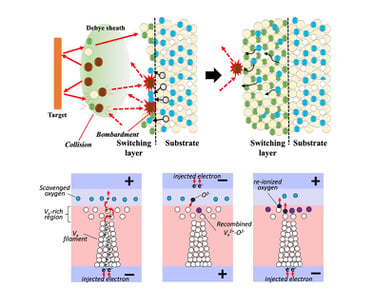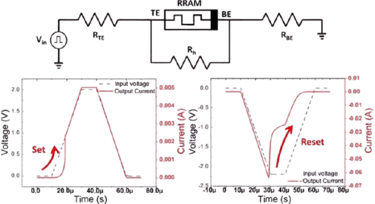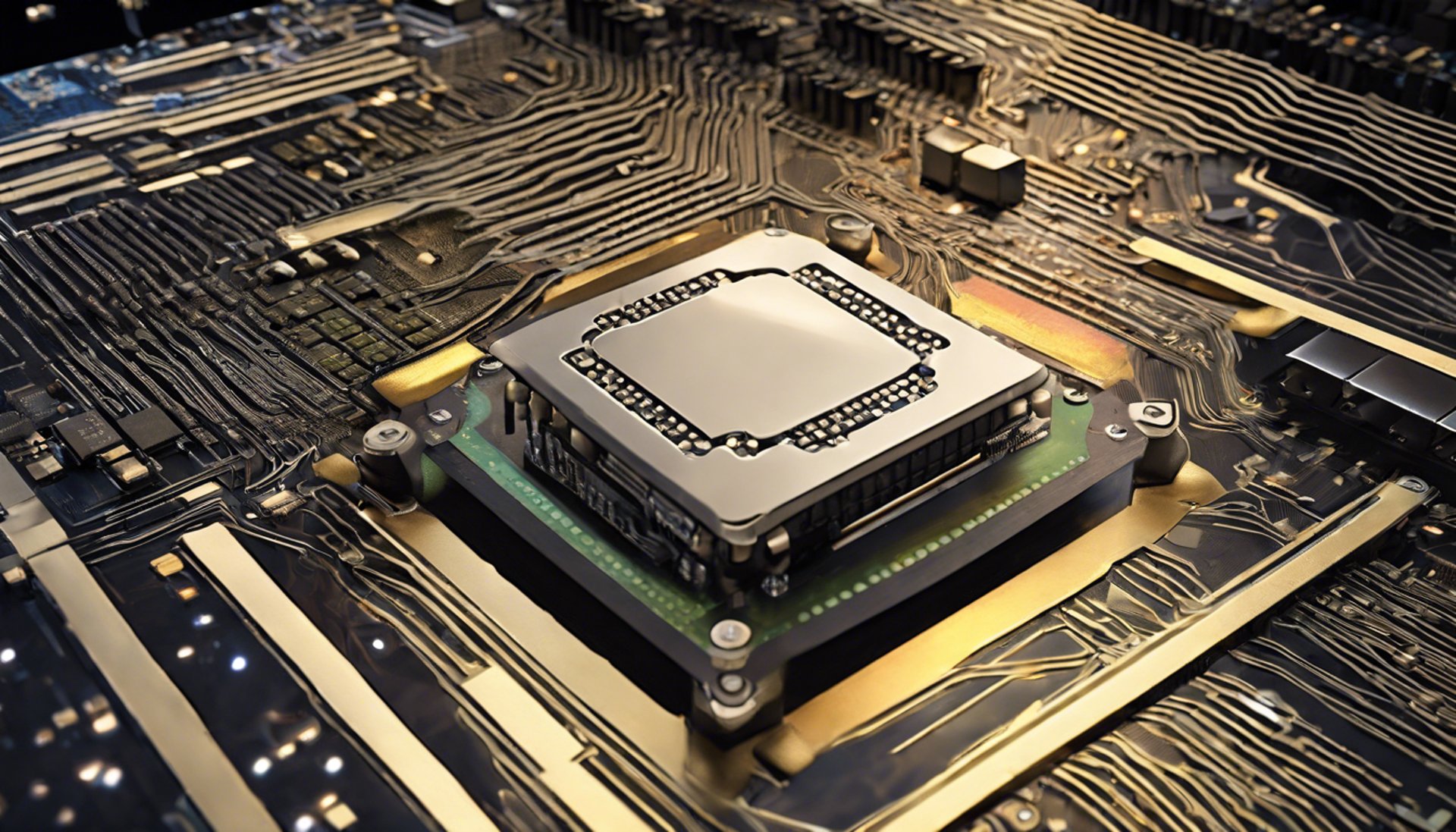
Memristive Micro/Nanoelectronics Laboratory
May the Fourth be with you
We develop next-gen memristive systems, opening novel ways to control the electrical properties of integrated devices and circuits.
Recent News!
Our recent study in rad-hard memristor for TID sensor system is featured in IEEE Spectrum.
Feasibility study of analogue filters based on memristor, led by Shan Gao, has been published.
Invisible ZnO-based Memristor Universal Logic for Reconfigurable Electronics, led by Chen Hua, is live on preprint.
Exploring the switching nonuniformity of CBRAM for random number generators, led by Weixin Xu, is live on preprint.
Weixin Xu has been awarded an MSc Prize for his achievement as the top aggregate mark in MSc micro and nanotechnology. Congratulations!
Research Scope


Dr Firman Simanjuntak (MIET, MInstP, SMIEEE, FHEA) is a Lecturer/Assistant Professor at the University of Southampton. He was granted the prestigious Marie Sklodowska-Curie Individual Fellowship to develop radiation-hardened memristors for artificial intelligence accelerators in space. He is a senior member of the IEEE and a Fellow of the Higher Education Academy. He is an expert in nanofabrication, materials characterisation, and device physics. He pioneered the neutral ions irradiation technique to achieve world-record low current 42 nm ZnO-based memristor film technology (in 2018) and to control the neuromorphic behavior of memristive artificial synapses (in 2020).
Our Team
Principal Investigator
Postgraduate Researcher (PhD Students)
MSc Students
Guangyu Xue investigates the device-to-device reliability of memristor-based logic gates and subsystem circuits.
Alumni
Partners & Collaborators






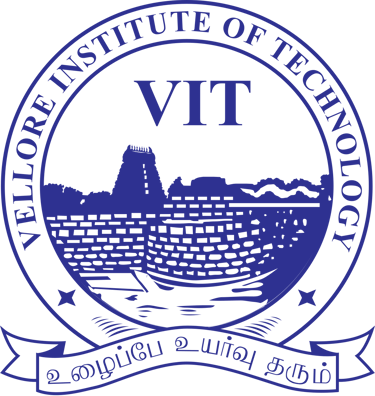



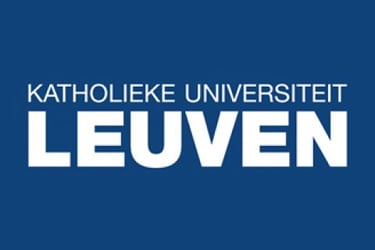

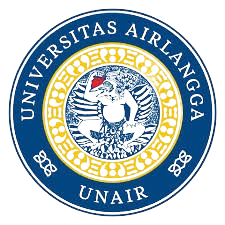



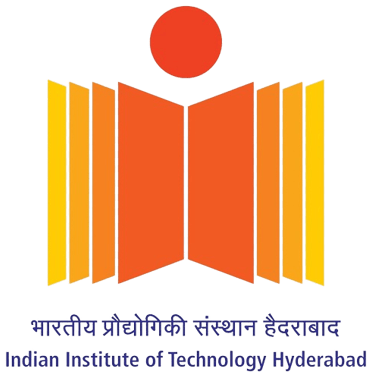







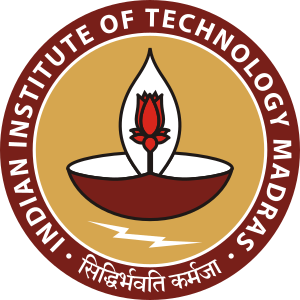






Jing Wen explores memristor-based logic circuits and the impact of nanoscale parameters on operational characteristics and output of the circuits.




Aiden Graham designs silicon nitride (SiNx)-based memristors as promising candidates for neuromorphic computing, offering CMOS compatibility, stability, and synaptic behaviours. His work aims to achieve neuromorphic chips with robust epoch training and high accuracy. He simulates device dynamics for neural network integration, positioning SiNx as a strong alternative to oxide-based memristors.
Zohreh Hajiabadi lays out the development of high-density integrated selector-memristor crossbar arrays for neuromorphic computing, enabling the fabrication of synaptic devices that suppress sneak paths while supporting scalable, high-performance neuromorphic chips. She explores the capabilities of her chips for computer vision systems and image/pattern recognition.
Alex H Wang studies the temporal dynamics of artificial synapses by manipulating synaptic responses via ultra-fast electrical stimulus. He develops programming strategies and methodologies to achieve controllable and predictable dynamics, rendering memristors’ potential for reservoir computing to process time-based data and complex information efficiently.






Our projects


Recent Projects
Memristor-Enabled NEuromorphic System for Intelligence in Space (MENESIS)
Enormous data streams from active satellites support today’s telecommunication, navigation and security systems. As satellites have limited computing capabilities, most of the data received on Earth is unprocessed, requiring analyses. The processing of such big data is facilitated by artificial intelligence at Earth stations. Related security and efficiency issues are addressed with energy-consuming and costly dependence on a cloud when dealing with data-intensive algorithms. The EU-funded project MENESIS aims to address these problems through a memristor-enabled neuromorphic system allowing efficient, autonomous computing onboard the satellite with data distinguishable from noise before being transmitted to the end-user on the ground. This project was funded under MSCA EC Grant Agreement No. 224 No. 101029535–MENESIS. (https://cordis.europa.eu/project/id/101029535)
The First Step for UK-Taiwan Space Devices Hub
This project was funded by the Royal Society under Grant Agreement No IEC\R3\223045.Establishing long-term collaboration between the Memnics Lab. at the University of Southampton and the research groups at the National Yangming Chiaotung University and their network to develop advanced space electronics. This project was funded by the Royal Society under Grant Agreement No IEC\R3\223045 (The First Step for UK-Taiwan Space Devices Hub).


Active Projects
Simultaneous multi-stimulated sensorial artificial synapses for adaptive neuromorphic computing (SiMSANeC)
This project is funded by the Royal Society under Grant Agreement No RG\R2\232206-SiMSANeC.
The 1st UK-Indonesia Neuro-inspired Computing Hardware Initiative (NiCHe)
This project is funded by the Royal Society under Grant Agreement No IES\R2\242017
UK-Germany Synaptic-inspired Security Primitive for Cryogenic Applications (SPICA)
This project is funded by the Engineering and Physical Sciences Research Council (EPSRC).

